I have spent the last few days reading stories about scientists who applied for post-doc positions. Even though I was never in that situation myself, I can now better imagine how hard it is to deal with feedback from reviewers.
As you’re already working on endless scientific projects, applying for yet another academic position can feel like a never-ending path. Feelings of not being worthy, shame and demotivation can easily creep in. But trust me, you’re not alone with this.
From our Sunny Scientist study, we heard from several scientists about the high demand and low opportunities in academia. This is one of the responses we have gotten about this matter:
“…if every lecturer got a post for 10 years there would be so much less loss of knowledge and more long-term postdoc positions, doing good science takes time and time is the number one thing we don’t have so much of”.
So, I truly understand that the challenge is real and that it would require a smart attitude if one is willing to make a difference. However, the struggle is optional and I will explain to you the reason why.
About your inner critic
A small number of people can succeed with much less effort than others and, yes, you can be one of them. According to Shizard Chamine, author of “Positive Intelligence” and lecturer at Standford University: “in all my years of coaching, I’ve never worked with anyone who wasn’t substantially sabotaged by a Critic persistent, although many did not realize the fact at first. Our Critical Sapper is our enemy particular number one. It impacts our well-being, success and happiness far more than any other enemy could.”
According to his book, only 20% of work teams and individuals achieve their true potential. And this sad statistic is present in corporative jobs, and academia, but also love and family relationships. The worst enemy in academia isn’t academia itself, it’s the Critical self that can live inside each one of us.
Chamine explains that the Critical self barely comes alone; with him are its accomplices Avoider, Controller, Hyper-Achiever, Hyper-Rational, Hyper-Vigilant, Pleaser, Restless, Stickler and Victim. Together, this Critical self-team feeds people with some of these behaviours: it undermines comparison about your performance followed by self-critics or constantly overthinks on what should or should not have been done at work to make the outcome perfect.
You probably have heard this inner voice talking to you as well. It creeps up on most of us every once in a while. Unfortunately, as much as this Critical self feeds our behaviour, we nourish it with our mental energy and thoughts. And the amount of vital energy we sometimes waste on such behaviour could easily be used to solve many other challenges.
The goal of your inner critic
So, why would your mind make you waste this precious time and energy?
Because we’re wired to patterns. You might have always been thinking like this about yourself and it might make you feel better. For others, it’s even some sort of protection.
The scientific term for this kind of behaviour is emotion dysregulation, which “appears to be associated with the tendency to engage in repetitive negative thinking and metacognitive beliefs”, as concluded by a recent study in the Journal of Affective Disorders.
While sometimes we realise we are in these repetitive negative thinking circles, metacognitive beliefs are statements that we truly believe to be true, even though there is no real proof for them. For example:
“I will never achieve this”
“I am not good enough to be accepted”
“I work hard for nothing”
“I am never rewarded for the efforts I make”
“It doesn’t matter how hard I try; they never see me”
“I am not worth”
And this belief – whether it is true or not – can directly modify a person’s behaviour or biological response. For instance, the metacognitive belief “I am not worth” can trigger people to think less about themselves. Subconsciously, the person’s attitude and behaviour can lead to results that confirm this belief. And this even happens when consciously it is not their intention!
These metacognitive beliefs originate from what we hear and keep hearing from others, ever since we were children or when we faced hurtful or even traumatic events. The thoughts connected to these beliefs also trigger emotions such as frustration, anger, sadness, guilt, shame, etc.
The connection between the metacognitive belief and the negative feeling can cause procrastination of unpleasant tasks, anxiety, excessive perfectionism but also judgment. These negative thoughts can turn into endless ruminating loops and harm our work productivity and results.
To overcome these sabotageable patterns, I recommend working through the events that triggered these thoughts. To get to the bottom of their origins, self-awareness and emotional intelligence are excellent strategies.
As stated by Daniel Goleman, PhD, in his book “Emotional Intelligence”: “People with developed emotional intelligence are more likely to feel happy and become more efficient in their lives, dominating mental habits which foment their productivity. The ones who can’t control their emotional state can face inner battles which can sabotage their ability to concentrate at work.”
Overcoming your inner critic
Being emotionally intelligent can thus help you fight your inner critic and overcome your biggest enemy – yourself. To do so, it is a good start to become aware of what you think about yourself and where your focus is.
Allow yourself to understand what you feel and where these feelings originate from. This will help you get to know yourself, your true potential and bring you on the path to success – both in your private and academic life.
With self-awareness practise, you can learn about yourself and understand that you are worthy. Looking at, observing and listening to yourself will help you understand your thoughts and feelings. Then, adding your core values, skills, passion and talents, and you will be able to recognize your potential.
For example, every day, right before your meditation practise, you could write down a few lines about how your day was. Any specific event that called your attention, what you thought about it and how you felt about it.
And for any judgmental thought, I would suggest asking yourself the question “how can I bring empathy to this situation?”
To add another example here, if someone criticizes the way you work, rather than criticizing back and growing negative feelings about it, you can think back “That’s the best this person can do and I feel empathy for him/her.” And let that situation go.
This exercise will help you develop resilience and allow you to function more efficiently. Finally, even in tough situations, you’ll be more thick-skinned and less prone to self-sabotage. This means you can understand the situation rationally and learn a lesson from it. This clearance will contribute to your inner growth process without letting the situation affect you.
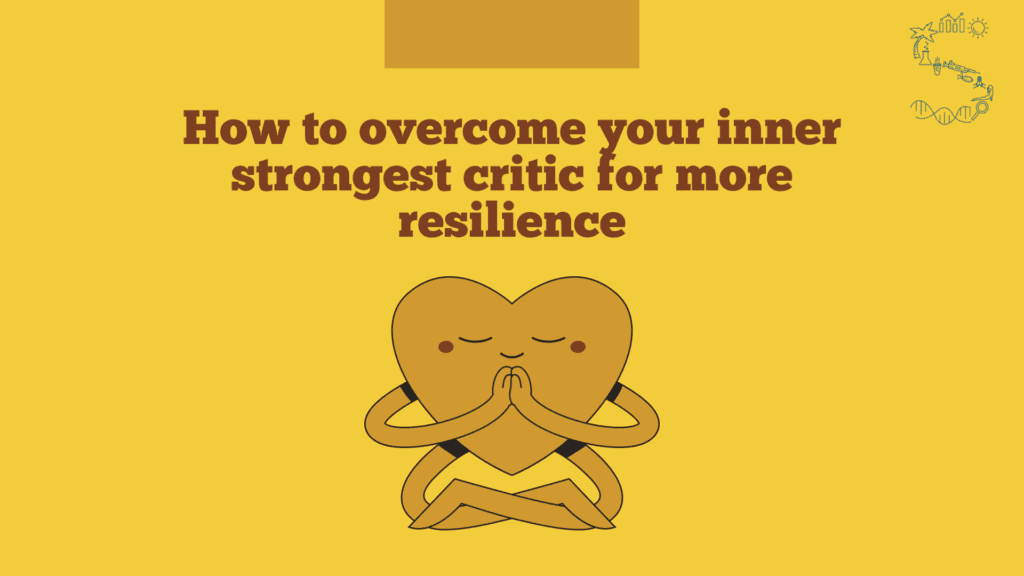
Mindful meditation for more resilience
Developing resilience and consistent practise of meditation are excellent ways to overcome self-sabotage. During the meditation practise, focus on letting thoughts go, but also allow yourself to process them rationally without judgments. That will boost the quality of your meditation, help you relax even better and provide an amazing feeling of satisfaction. Through this habit, you will become even stronger and ready to achieve more goals.
However, please note that if a specific trauma is hard to deal with, I would strongly recommend seeking professional assistance to work through it and solve it in the best possible way.
To help you become more resilient, we created the meditation medley for you. This month of mindful meditation will help you live your days with more positivity, motivation and focus, and clear your mind from self-sabotageable monsters.
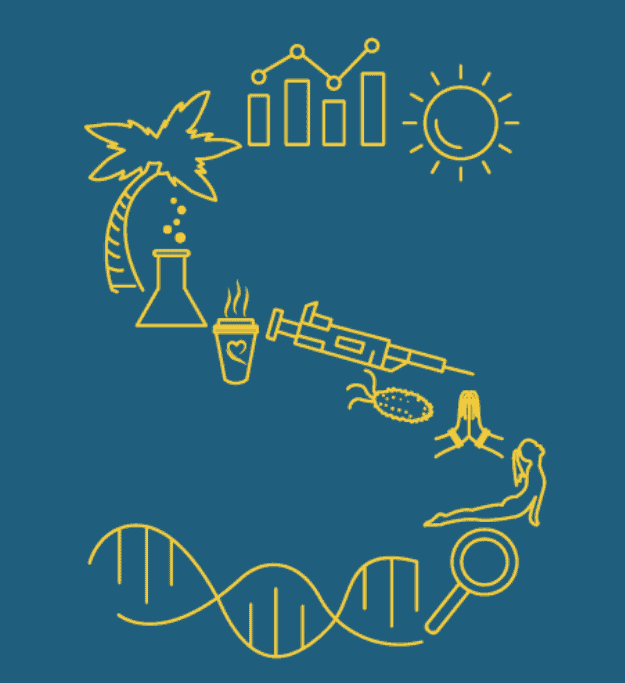

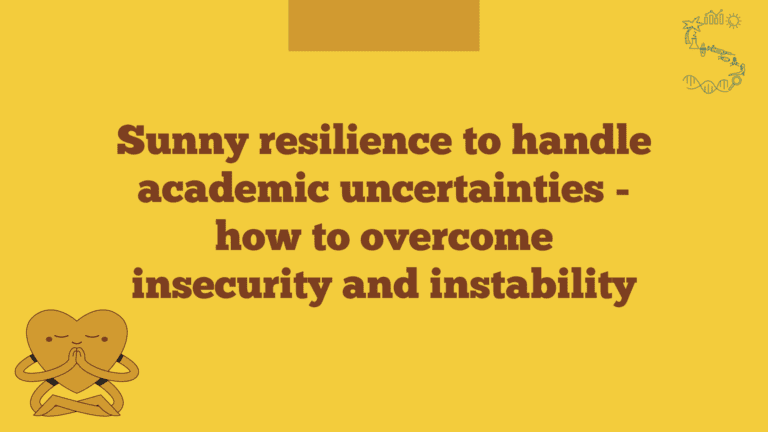
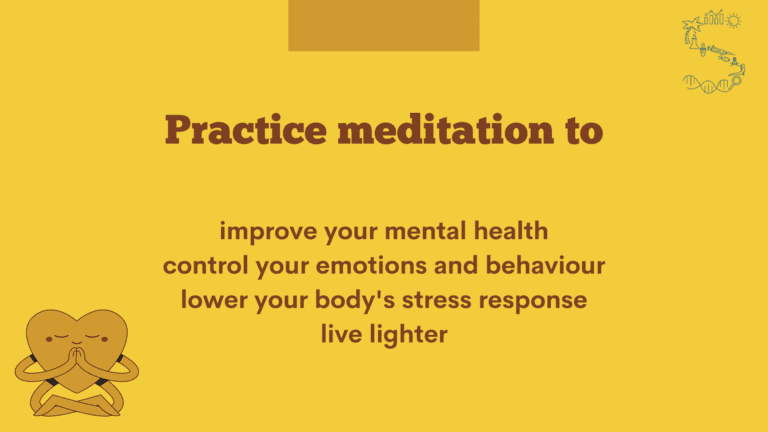
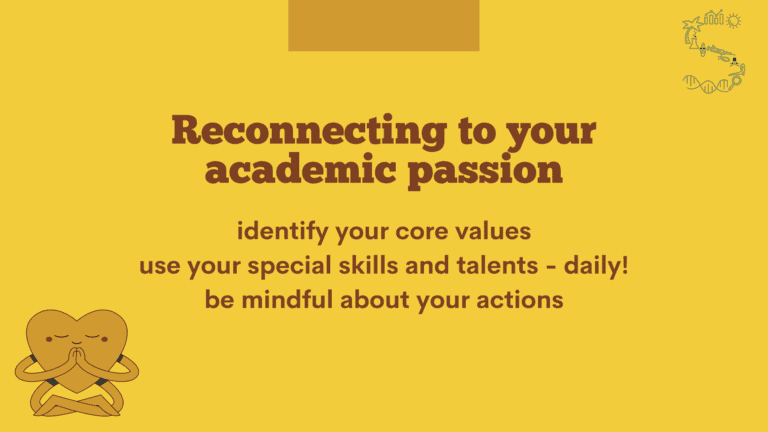

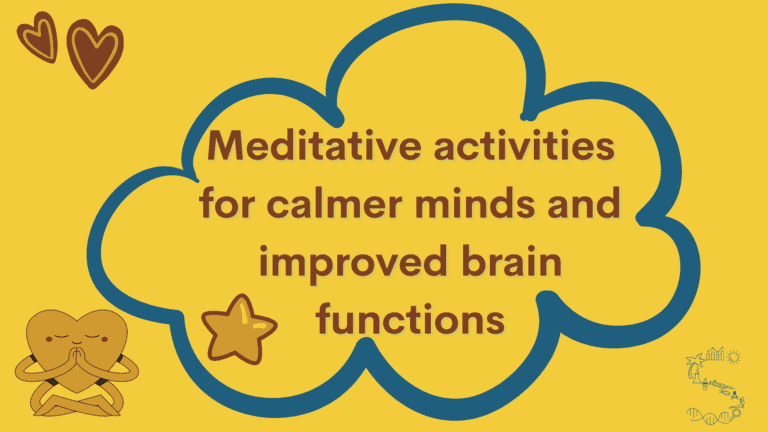
One Response